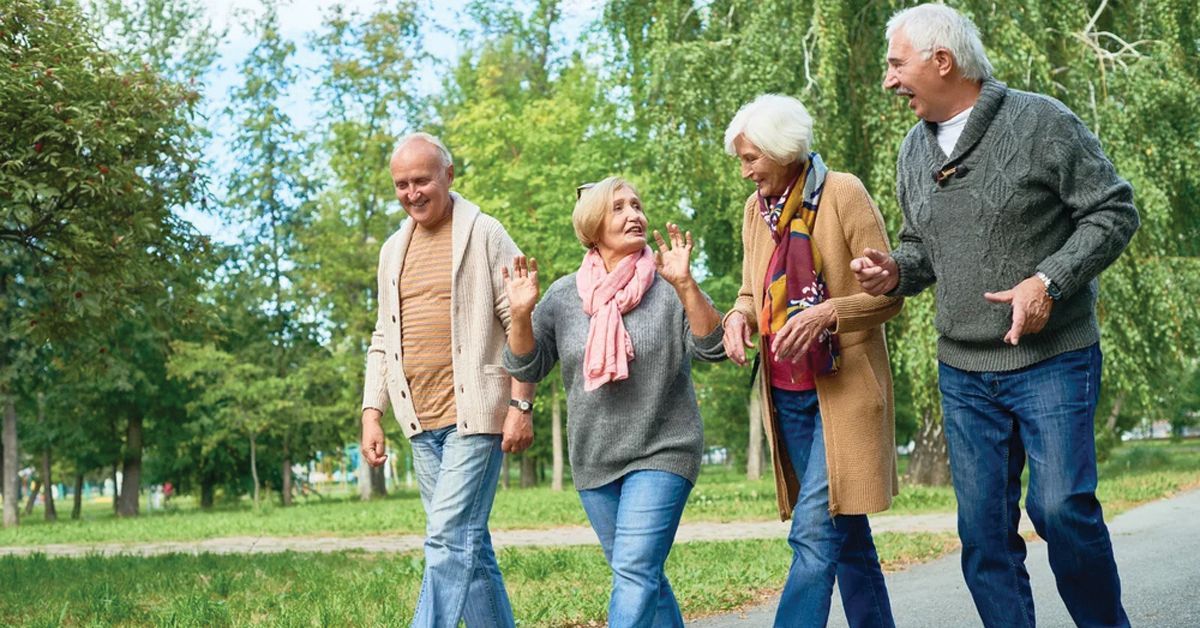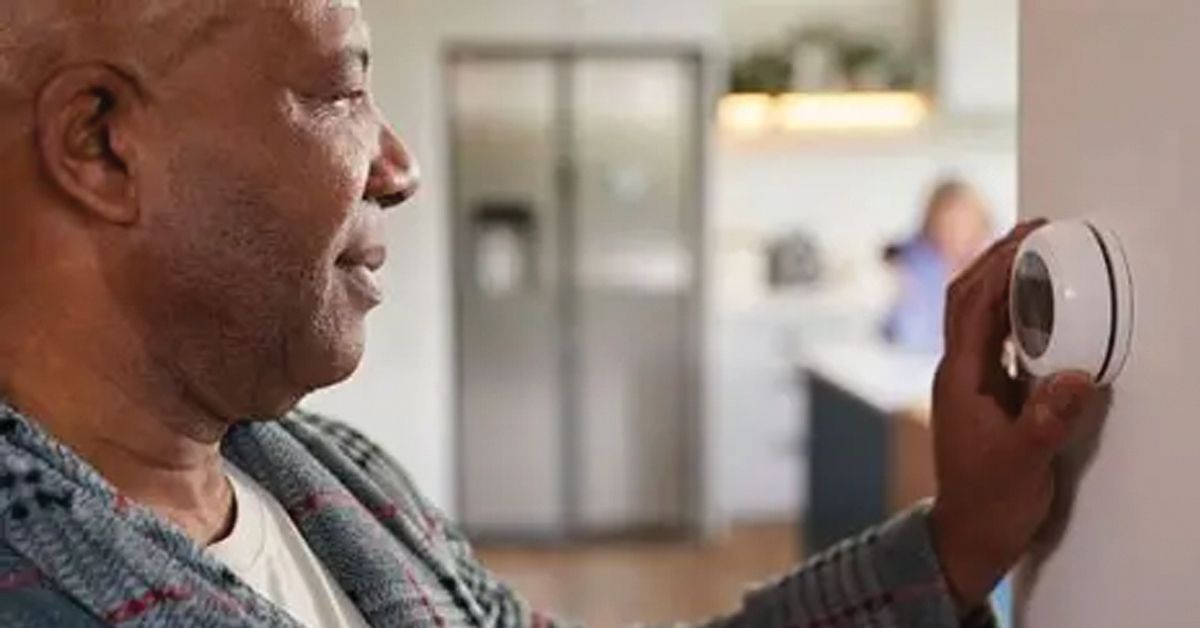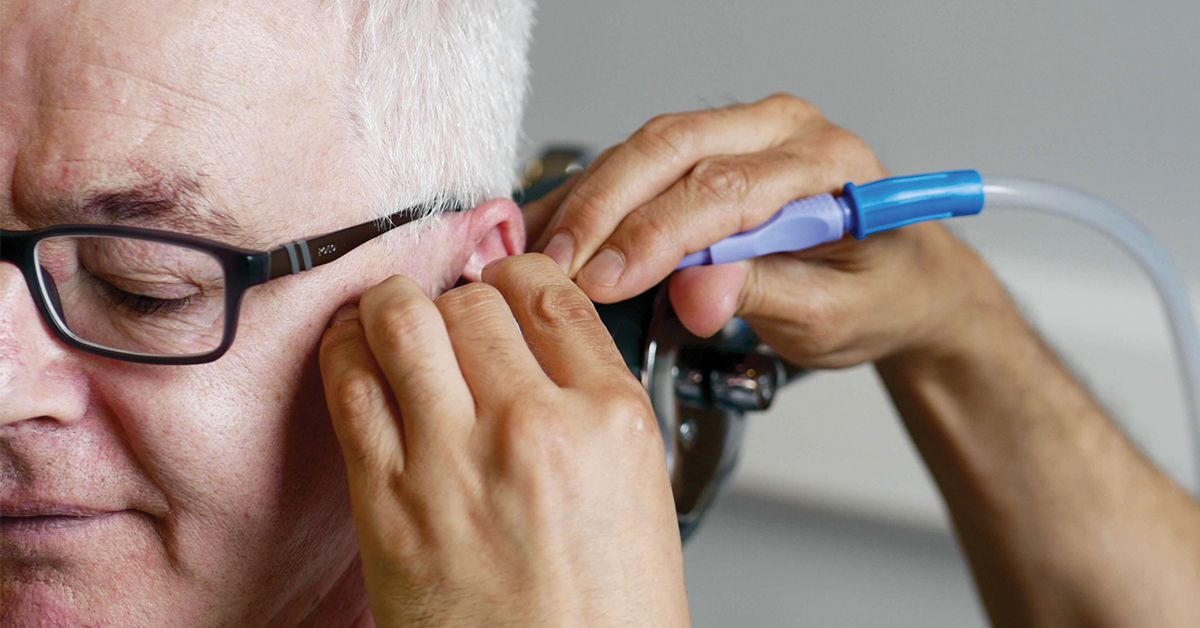Bernard's Story
Promoting independence and quality of life
The Challenge (themes of 2014 Act)
- Well-being and personal
outcomes
- Co-productions
- New models of care
- Voice
and control for people
- Prevention
and early intervention
- Information, advice and
assistance
- Proportionate
assessment, eligibility and care planning
- Integration,
partnership and co-operation
- Safeguarding and
protection
- Advocacy
Client Group
- Older Person with complex needs requiring care and support to remain independent
Personal Circumstances
Originally from Somalia, Mr AB is in his seventies and lives with his wife in an upstairs flat with a supportive family. Visiting his homeland, in 2015 he suffered a severe stroke and was admitted for hospital treatment. After discharge he remained in Somalia for eight months as he had high blood pressure meaning he was unable to fly.
When he returned home, his family were unable to cope and he was admitted to hospital for rehabilitation. After six-weeks he was discharged home under the care of the Community Resource Team. The physiotherapists advised that, due to the circumstances, he missed out on treatment that he should have received, and they had to work hard to enable further progress with his rehabilitation and recovery. Mr AB was well motivated, but hampered by having to stay in bed permanently. His limbs were becoming contracted and as it was unsafe for him to sit in an armchair, having to stay in bed was increasing feelings of loneliness and isolation.
What action was taken (arrangements)
A specialist hydro-lift chair was ordered by physiotherapists, which was very successful. He was able to sit safely in the chair and there was hope that in time, it would assist in enabling him to stand for transfers. However, the cost of the chair, £2,660, was beyond the reach of the family and had to be returned.
The physiotherapists’ assessment was that Mr AB’s recovery would be greatly enhanced by using the chair, if only for a few weeks. It was established that the hydro-lift chair could be hired for a six-week period for a fee of £666. After discussion between the Community Liaison Officer employed by Age Connects Cardiff and the Vale and a representative from the Stroke Association, both organisations contributed grants of £300 to cover this cost of the chair and provide Mr AB with the best possible chance of recovery. The family members contributed the remaining £66.
Outcomes
Once the chair had been delivered, an intensive rehabilitation programme was provided by physiotherapists and occupational therapists. Over the next six weeks, Mr AB’s tolerance and strength improved greatly, enabling safe and independent sitting and good balance and posture in his own armchair (raised to enable access using a steady).
Despite setbacks along the way, Mr AB has worked hard and made significant progress. The partnership between the Community Resources Team and the third sector through the temporary provision of the hydro-lift chair, has given him the opportunity to be able to sit with his family rather than being confined to the bedroom. In time, when he takes delivery of his powered wheelchair, it is hoped that Mr AB’s quality of life will be further improved by accessing local facilities.



